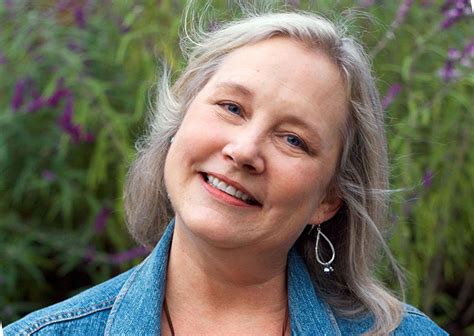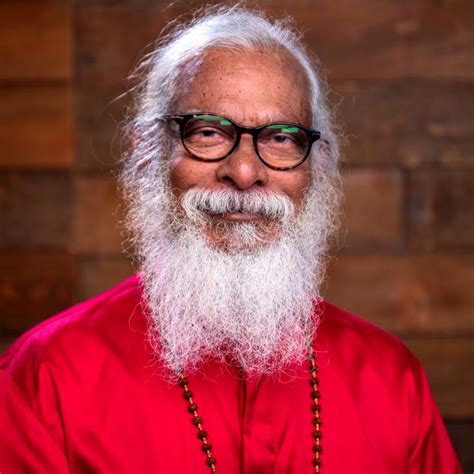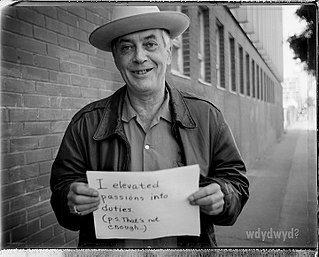A Quote by Don DeLillo
He took pains to avoid self-depreciation, self-mockery, ambiguity, irony, subtlety, vulnerability, a civilized world-weariness and a tragic sense of history--the very things, he says, that are most natural to him.
Related Quotes
But mostly, I remembered what I’ve always believed. What my mom taught me. That while some things are just plain awful, most things in life can be seen either tragic or comic. And it’s your choice. Is life a big, long, tiresome slog from sadness to regret to guilt to resentment to self-pity? Or is life weird, outrageous, bizarre, ironic, and just stupid? Gotta go with stupid. It’s not the easy way out. Self pity is the easiest thing in the world. Finding the humor, the irony, the slight justification for a skewed, skeptical optimism. That’s tough. - Marco, Animorphs #35: The Proposal
The mockery made him feel an outsider; and feeling an outsider he behaved like one, which increased the prejudice against him and intensified the contempt and hostility aroused by his physical defects. Which in turn increased his sense of being alien and alone. A chronic fear of being slighted made him avoid his equals, made him stand, where his inferiors were concerned, self-consciously on his dignity.
I think seriousness is a mask of self-importance and self-importance in turn is a mask for self-pity. So if you're really going to pursue a spiritual way of living in the world, you must be lighthearted and carefree, have humor, be able to tolerate ambiguity and embrace uncertainty, and be forgiving of yourself and everybody else.
The most unhappy people in the world are the ones who live only for themselves. All that they do, they do only for their own sake. For these self- centered individuals, the most precious things in the world is their ‘self.’ Like a cancer that eats and destroys its own cells, the self-centered individual is slowly dying inwardly.
If a fish is born in your aquarium and you call him John, write out a birth certificate, tell him about his family history, and in two minutes he gets eaten by another fish - that's tragic. But it's only tragic because you projected a separate self where there was none. You got hold of a fraction of dynamic process, a molecular dance, and a separate entity out of it.
Historians constantly rewrite history, reinterpreting (reorganizing) the records of the past. So, too, when the brain's coherent responses become part of a memory, they are organized anew as part of the structure of consciousness. What makes them memories is that they become part of that structure and thus form part of the sense of self; my sense of self derives from a certainty that my experiences refer back to me, the individual who is having them. Hence the sense of the past, of history, of memory, is in part the creation of the self.
The denial of "self" challenges only the notion of a static self independent of body and mind-not the ordinary sense of ourself as a person distinct from everyone else. The notion of a static self is the primary obstruction to the realization of our unique potential as an individual being. By dissolving this fiction through a centered vision of the transiency, ambiguity, and contingency of experience, we are freed to create ourself anew.
Dysfunctions can occur in each of the self-regulatory subfunctions-in how personal experiences are self-monitored and cognitively processed, in the evaluative self-standards that are adopted, and in the evaluative self-reactions to one's own behavior.. Problems at any one of these points can create self-dissatisfactions and dejection. dysfunctions in all aspects of the self system are most apt to produce the most chronic self-disparagement and despondency





































